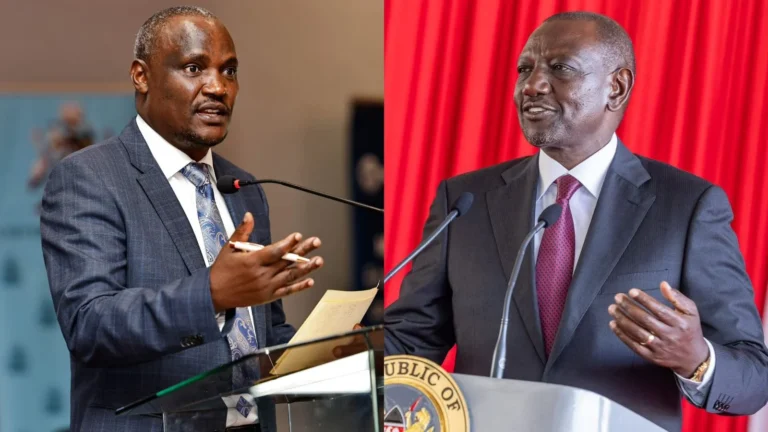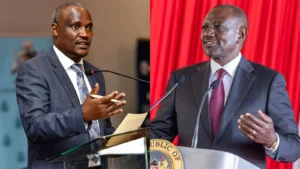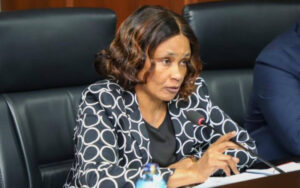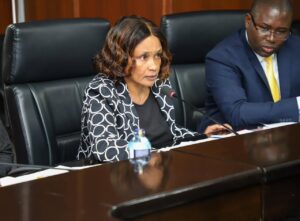Clear communication is the backbone of effective public policy. Yet Kenya’s education sector has become a case study in the consequences of inconsistent messaging. Contradictory statements from the President, Treasury, Ministry of Education and TSC are deepening confusion and eroding trust.
The controversy began when Treasury CS John Mbadi assured Parliament that funds had been allocated to convert all interns to PnP terms by January 2026. This was interpreted as a strong commitment to stabilising the workforce.
Days later, Education CS Julius Ogamba contradicted this by warning that internships may be extended beyond 2025 due to insufficient funds. President Ruto then added another layer, stating that all interns must serve a full two years before confirmation—regardless of earlier promises.
This mismatch has created chaos among teachers. Interns nearing one year of service by December now fear they must restart a two-year countdown under shifting rules. Labour unions have capitalised on the confusion, accusing the government of betrayal.
The mixed messaging has also affected TSC’s reputation. The commission appears caught between political directives and operational mandates, raising questions about its independence.
Education analysts warn that such contradictions undermine the rollout of the Competency-Based Education (CBE) system. Schools need predictable staffing plans, budget certainty and transparent timelines. Without coordinated government communication, planning becomes nearly impossible.
The crisis signals deeper systemic issues: insufficient cross-ministry coordination, unclear funding priorities and a lack of unified messaging channels.
To restore trust, the government must establish a single, authoritative communication framework. Until then, policy confusion will continue to hinder Kenya’s education reforms.






